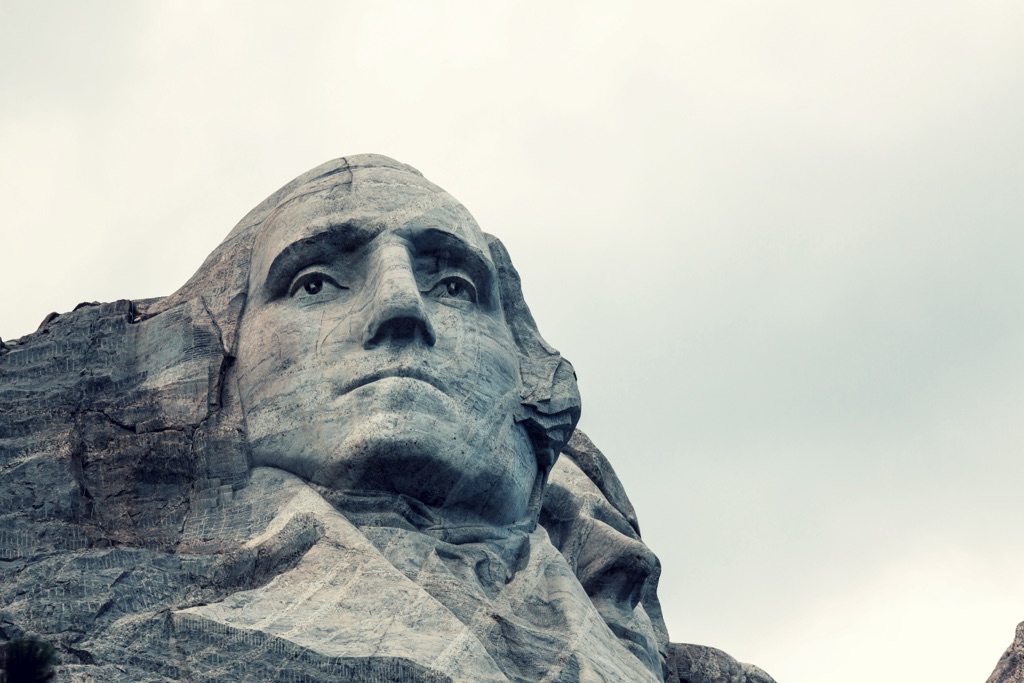In a world where the pace of communication is faster than ever, the wisdom of George Washington’s “110 Rules of Civility & Decent Behavior” remains strikingly relevant. These rules, which the first U.S. President copied down as a young man from a French etiquette guide, were not merely exercises in manners but foundational lessons on how to navigate the social complexities of any era.
Today, as we grapple with the digital etiquette of emails, social media, and remote interactions, revisiting Washington’s principles could provide much-needed guidance. This article explores how these centuries-old rules can still impact and improve our modern social behaviors.
Civility in Conversation: A Lost Art? Washington’s rules emphasize the art of conversation, a skill that seems to be waning in the age of texting and tweets. Rule 34, “Let your discourse with men of business be short and comprehensive,” advocates for clarity and brevity—qualities that are highly prized in today’s business communications. Meanwhile, Rule 1, “Every action done in company ought to be with some sign of respect to those who are present,” serves as a reminder that respect is the cornerstone of all interactions, whether in person or online.
The Experiment of Living Civility The relevance of Washington’s rules was put to the test by A.J. Jacobs, an author known for living his life according to various experimental rules. In his book, “My Life as an Experiment,” Jacobs dedicated a chapter to following Washington’s civility guidelines. He found that many of the rules, like being concise in business meetings or showing respect in every interaction, significantly improved his professional and personal relationships. His experiences suggest that these rules are not just historical relics but practical advice that can enhance our daily lives.
Modern Adaptations of Age-Old Rules Some of Washington’s rules might seem outdated or specific to the social context of the 18th century, yet their essence is universally applicable. For instance, Rule 110, “Labour to keep alive in your breast that little spark of celestial fire called conscience,” reminds us to stay true to our moral compass, a directive vital in both personal integrity and corporate responsibility.
In the business realm, respecting others’ time, as Washington advised, translates into more effective and efficient communication strategies. Socially, his emphasis on attentiveness and respect can help mitigate the often impersonal nature of digital communication, encouraging a more thoughtful exchange of ideas.
Civility as a Social Currency Today, civility can be seen as a form of social currency that enhances reputation and builds trust. Washington’s insistence on respect, attentiveness, and decorum can serve as a guide for anyone looking to foster a more civil workplace, a more cooperative political environment, or simply a more respectful community.
As we navigate the complexities of contemporary life, integrating Washington’s rules into our daily interactions could lead to a more respectful and thoughtful society. His rules prompt us to consider the impact of our behavior on others and encourage us to act with decency and integrity—principles that are timeless in their importance.
Conclusion George Washington’s “110 Rules of Civility & Decent Behavior” are more than historical documents; they are a testament to the enduring power of respect and thoughtfulness. In an age often marked by contentious discourse, Washington’s rules offer a blueprint for conducting ourselves with dignity and respect, proving that true civility never goes out of style.

